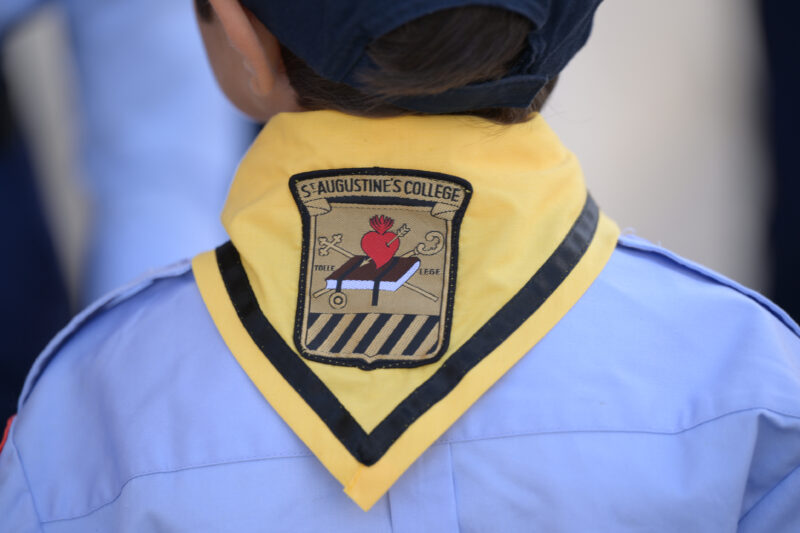Elements of Augustinian charism and identity will be proposed in a meaningful manner to the building up of today’s society, especially in education. Thus, by exploring critically various aspects, the participants will grasp a deeper knowledge and experience of Augustinian values.
The main objective of the course is to present in a brief way the charism and the spirituality of the Augustinian Order through values and practical experience from education.
Dates will be announced soon.



